Victor Grossman
A big rally and a Bavarian vote
Berlin Bulletin No. 154

Victor Grossman
Jein! Last weekend was surely the most complex in ages! Were the results favorable for “the good side”? the best answer is Once again that great German word-construction, made up of Ja und Nein – Jein (pronounced Yine)
Saturday was amazing! Many hundreds of groups, organizations and prominent individuals called, under the slogan “Unteilbar” (Indivisible) for a demonstration against racism, hatred of foreigners and especially refugees and immigrants. It was to be a challenge to the Alternative for Germany (AfD), a party between far-right and fascist which, with 18 %, has achieved a frightening second place in national opinion polls. It was hoped that a rally and march opposing it and its openly violent allies and accomplices would attract a respectable count of 40,000 people, maybe 50,000. To everyone’s astonishment, an awesome number showed up, estimated at over 240,000! A truly giant crowd! After an hour of short speeches, the first parade blocks moved out from East Berlin’s central Alexanderplatz at 1 PM. Before the last ones could finally move off to follow them the first marchers had already reached the final destination three miles away in West Berlin’s big central park, Tiergarten, where more speeches and lots of music were offered till after 9 PM. Many, many people, coming from all parts of Germany, are clearly worried at the rapid growth of the AfD, which threatens to head one state government if it wins the election in Saxony next year, where it is 5 points behind the first place Christian Democrats, who have led the pack in Saxony ever since German unification.

Detail of the Berlin demonstration,
photo: Gerd Jochimsen, Berlin
“Unteilbar” targeted especially racism and national chauvinism, but the multitude of signs, banners and speakers from many organizations raised a variety of issues. The LINKE (Left) was there, so were Social Democrats and Greens. Union leaders voiced labor’s demands; one represented cabin staff workers from Ryanair, who may soon be on strike. Church speakers stressed tolerance, a Muslim leader (whom some had wanted to exclude because of possible ties to Turkey) called for a rejection of anti-Semitism in the Islam community. A leader of the Jewish community condemned xenophobia of all kinds, but slipped in a sharp jab at anyone supporting the Boycott movement against the Netanyahu-government. Many people carried stickers or signs backing #metoo, and a wide variety of environmental demands were visible. It was a grand, even happy occasion on a very sunny day, with no disruptions or attacks; AfD goons kept well away from this huge crowd!
A small group stressed war and peace and opposed armament exports. A few negative voices were raised on the left because of the total lack, in the printed appeal and most speeches, of any mention of the reasons why so many flee to Europe. Omitted, perhaps to gain wider support, were the causes of conflicts and growing poverty in Africa and the Mideast and the dangers of escalation – of a far worse war which could start in Syria or during on-going NATO military maneuvers along Russian borders not so very far away.
More problematic was the fact that the new movement, “Aufstehen” (Stand Up, or Rise up), had not joined in. Why was that?
Sahra Wagenknecht, herself a leader of the LINKE but also the main initiator and leader of Aufstehen, stated that she “found it correct that so many people demonstrate against racism and a turn to the right”, but then criticized the call to the rally, in which a demand for “open borders for everybody“ was its key position. “Calling for open borders for everyone is a demand which most people feel is unrealistic and irrational, and their feeling is correct… So we are not formally joining in. Some of our people will surely take part.” But she herself would not.
This issue has split the LINKE leadership for much of the past year. Wagenknecht’s position with “Aufstehen” is surely derived from hopes to win over or win back many of those lured by the AfD and its poison – that refugees are getting all the social services which true-blue “bio-Germans” are deprived of. This is hardly true, but it is true that workers from other countries can well be misused to push wages down, and must also be housed at a time when affordable apartments are exceedingly rare. But taking such voices into account can result in moving perilously close to the positions of the fascists while possibly weakening basic leftist internationalist principles. The current decrease in the influx of refugees into Germany, down from six-digit figures three years ago to a present much lower rate of under 100,000 annually, could weaken the far-right propaganda. It should hardly be echoed!
More by Victor Grossman
Only the author is responsible for the content of this article.
It doesn’t have to be the opinion of the editorial board.
Attribution-NonCommercial-NoDerivatives
4.0 International (CC BY-NC-ND 4.0)Even leftist journalism is not free
and even small donations can help to publish big things!



















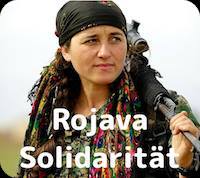

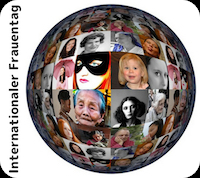
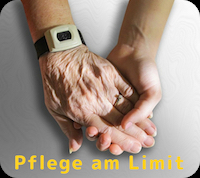




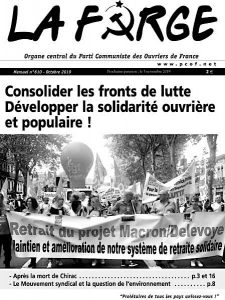





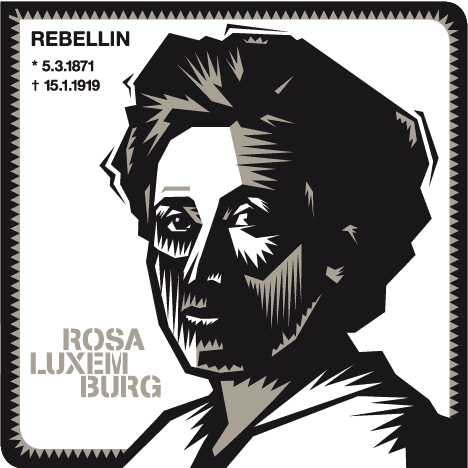








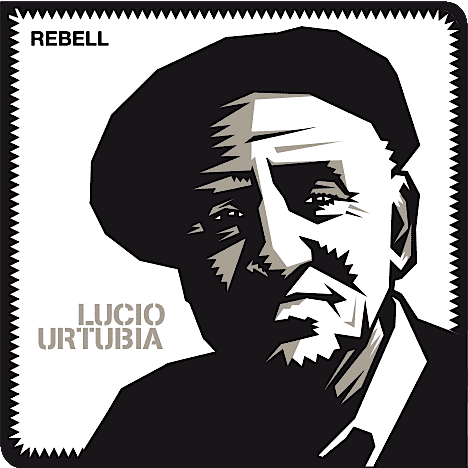

Diskussion ¬